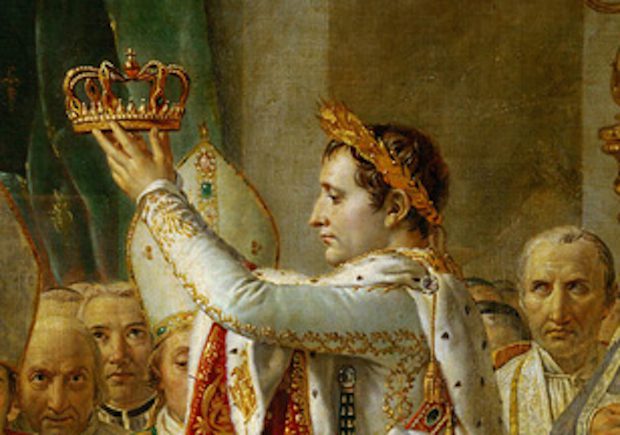A Clinton Coronation Benefits the GOP Establishment

The consensus seems to be that 2016 will feature a broad and deep field on the GOP side. At a minimum, you’ll have Rand Paul, Rick Perry, Scott Walker and Chris Christie. Jeb Bush will likely run as well, and if he doesn’t Marco Rubio will, in either case running as “Bush III: This Time We Won’t Be Incompetent.” John Kasich may compete with Christie for the role of moderate, electable governor; Mike Pence may compete with Scott Walker for the role of hard-line conservative governor. Ted Cruz may run just to be annoying. Somebody more plausible than Ben Carson will run as the standard-bearer of the religious right.
Over on the Democratic side, the most-likely scenario is that Hillary Clinton will face only token opposition, not even the level of competition that Al Gore faced in Bill Bradley back in 2000.
There’s a real debate to be had over whether this is good for the Democratic Party, and I think the best of the argument is that it is not. A primary contest is how a party hashes out, in public, what it’s all about at this point in time. Clinton has been through enough that we know she can take the heat. But she hasn’t ever beaten back a serious challenge. Meanwhile, there’s little evidence that a hard-fought primary makes it hard for the party to unify behind the eventual nominee – if the party goes into the primary basically knowing what it wants – and little evidence that avoiding such a primary helps if the party basically doesn’t. The Democrats united just fine in 2004 and 2008 after tough contests. They had a tougher time uniting in 2000 after a near-coronation.
But I’m interested in a different question: how would a serious challenge to Clinton, even if it failed, affect the Republican contest?
It seems to me that a Clinton coronation makes life much easier for those who don’t want to think too hard about what the GOP stands for. The GOP would really like to run a largely negative campaign against the Clinton-Obama record without having to declare itself too clearly on any issue. A Clinton coronation would make that easier, because it would take away the need for Clinton to define herself in any specific way.
Take foreign policy. Clinton is at the extreme hawkish end of the Democratic Party. She pushed hard for the intervention in Libya, favored a more forceful and earlier intervention in Syria, a tougher line on Iran, and so forth. If she faced a serious primary challenge from, say, Jim Webb, she’d either have to defend that record forcefully, or moderate her stance. Now, if she did the first, then what happens on the Republican side at the same time? First, Rand Paul says he agrees more with Jim Webb. Second, the other GOP contenders have to decide whether they want to echo Clinton, echo Paul, or come up with an alternative way of explaining their views while remaining hawkish. Whatever they do, they have to provide more clarity.
What if she did the second, and tried to portray herself as more moderate? Well, that would give the strongest hawks in the GOP the opportunity to define themselves as more hawkish than the Clinton-Obama Democrats. But that, in turn, would open up space for a real foreign policy argument on the GOP side. By contrast, if Clinton never has to define her views in the primary, the temptation on the GOP side will be to avoid an argument that has the potential to divide GOP voters, and stick to arguments and slogans that will resonate more broadly because they mean less.
I think the same thing is true on any other issue – Clinton’s coziness with the banking sector, for example. A populist challenge on the Democratic side would open up space for Republicans to actually argue about whether they have a populist argument to make. If nothing else, it would be glaring if they didn’t. By contrast, a coronation would make it easy for GOP contenders to posture in a populist direction without actually arguing about what they would actually do.
What I guess I’m saying is: I assume Michael Brendan Dougherty isn’t going to vote for anybody the Democrats nominate. At best, they might nominate someone who convinces him not to pull the lever for the GOP – and that’s probably a pretty easy bar to clear. But that doesn’t mean he’s just a concern troll. A healthy debate on one side is good for the prospects of healthy debate on the other side. And that’s good for the country, no matter who winds up winning said debate.
Comments